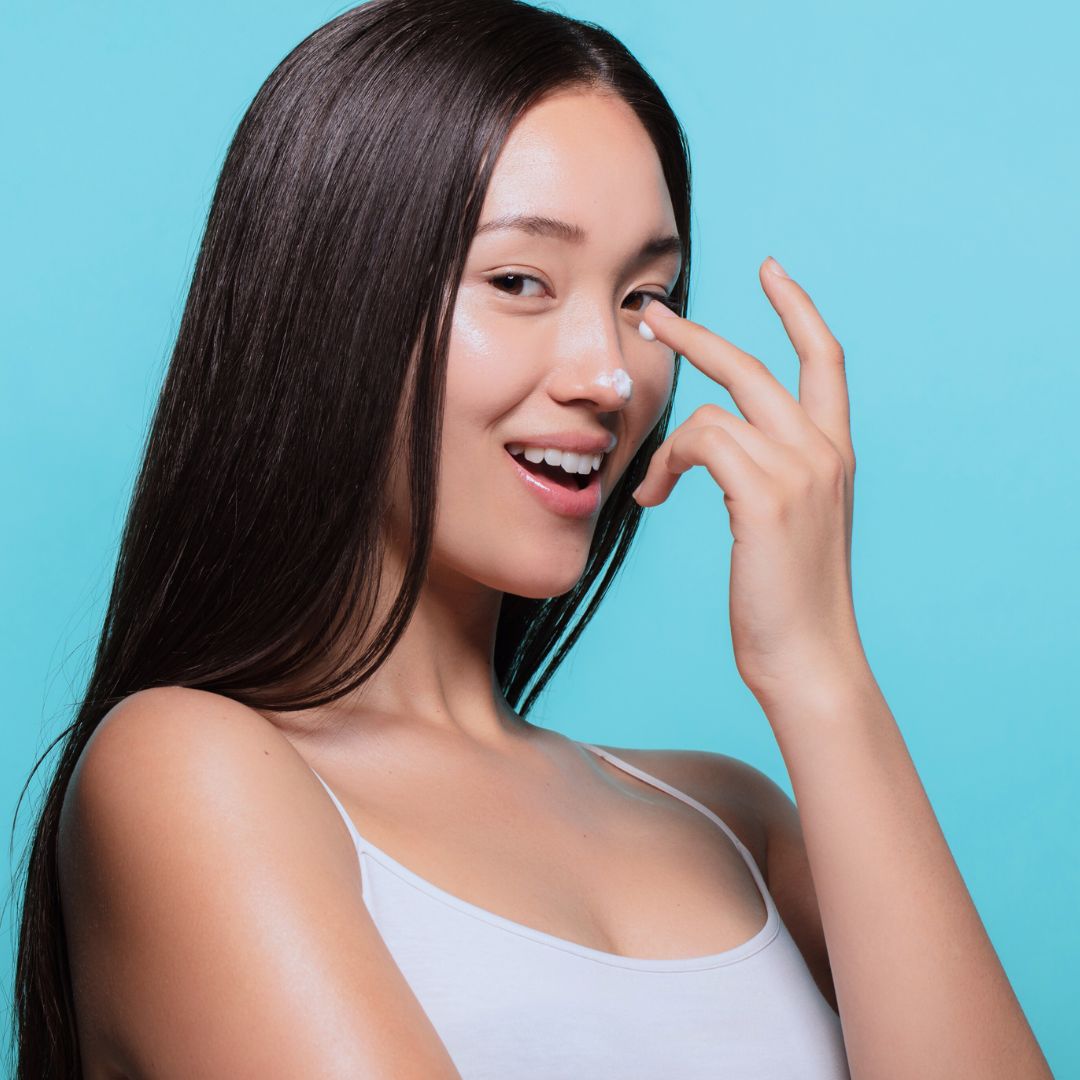Retinols: A Must in Your Skincare Regimen
Retinol is hugely popular and clinically proven to visibly reduce signs of aging due to sun exposure and environmental damage. A vitamin A derivative, its potent nature helps encourage cell regeneration, reducing fine lines, wrinkles, uneven complexion, and skin blemishes.

How does retinol improve skin quality?
Over time, skin cell renewal slows, resulting in a dull, irregular complexion and coarse skin texture. Applying retinol creams can stimulate cell turnover, swiftly shedding dead skin cells and unveiling noticeably healthier, brighter skin. The exfoliation property of retinol also aids in reducing blemishes by preventing clogged pores due to dead skin cells. To ensure the best results, opt for skincare products with high concentrations of pure retinol, which effortlessly converts to retinoic acid in our skin. SkinCeuticals products incorporate highly concentrated, pure retinol enriched with stabilization technology to maximize conversion and effectiveness.
Sun Exposure and Retinol Use
Since retinol is a potent exfoliant, it can sensitize the skin to UV damage. Therefore, applying retinol at night and using broad-spectrum sunscreen during the day is recommended. Many skincare experts advise against using retinol during intense summer periods.
Also, remember that retinol can deteriorate rapidly with improper preservation. Make sure to discard after the product you're using has expired.
Proper Application of Retinol
Apply a pea-sized amount of your retinol product on your fingertips in the evening after cleansing and toning. Avoid the eye contour and massage it into your skin until fully absorbed. Overdoing it can cause the skin to react badly. Let it get absorbed entirely before applying other skincare products. Begin using it once or twice weekly, and gradually increase use to nightly, as tolerated. Remember to apply a broad-spectrum sunscreen while using retinol products during the day.
Conditions to Avoid Retinol
Retinol creams may enhance skin sensitivity and irritation due to their exfoliating nature, especially when combined with some medications or in-office skincare treatments like chemical peels. Retinol increases skin sensitivity to sun exposure. Using a broad-spectrum sunscreen is crucial while using retinol. Pregnancy is one condition where retinol or other variants like tretinoin are not advised. It's best to consult with a professional healthcare provider before including retinol in your skincare regime.
